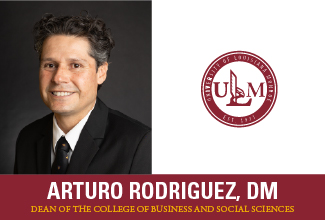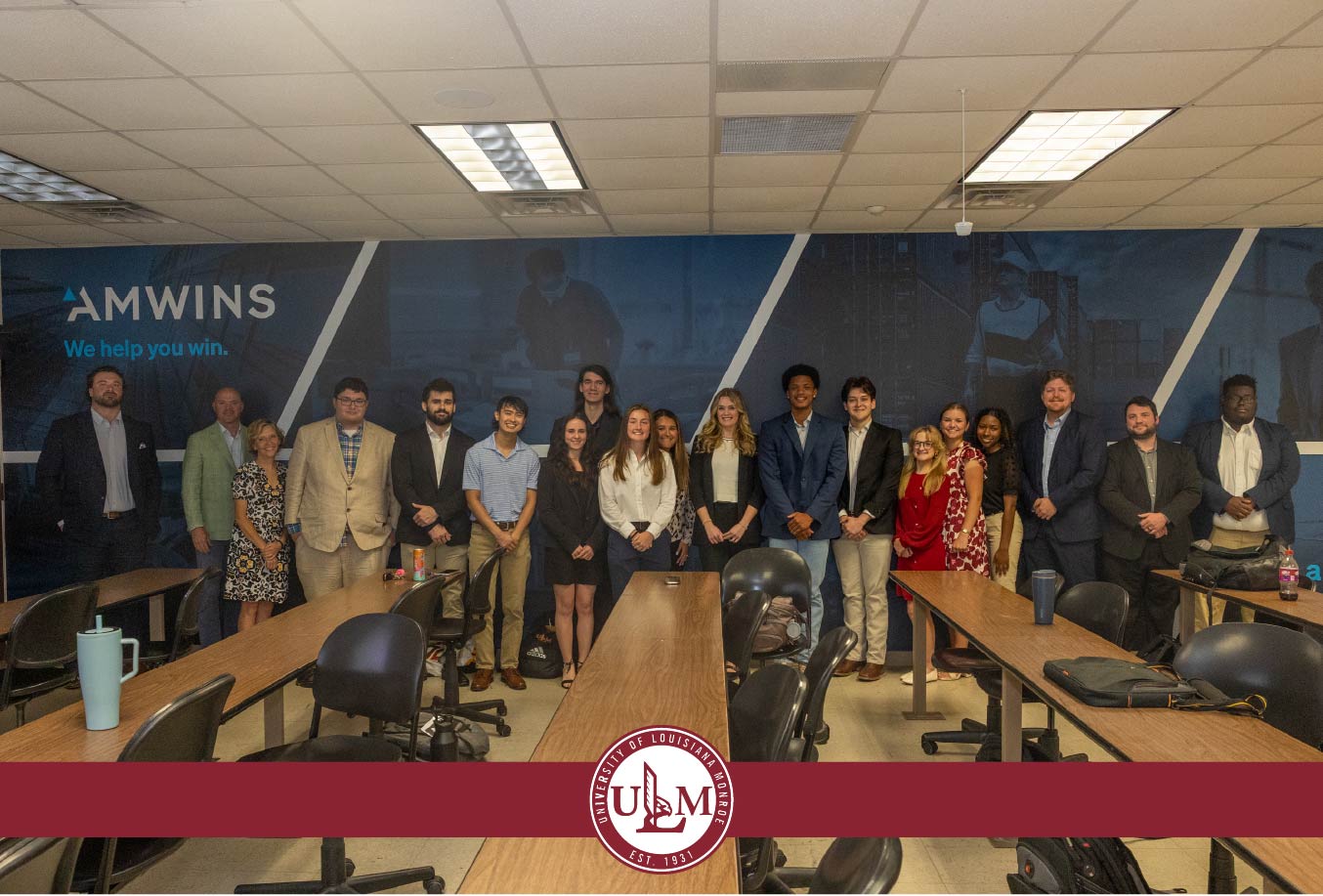


Gerontology is the study of the biological, psychological, cognitive, and social aspects of aging. It is a multidisciplinary study of the aging process. “Gerontologists include researchers and practitioners in such diverse fields as biology, medicine, nursing, dentistry, social work, physical and occupational therapy, psychology, psychiatry, sociology, economics, political science, leisure studies, architecture, pharmacy, and anthropology” (Hooyman and Kiyak, 2018). A graduate degree in Gerontology prepares individuals to work with the elderly in a variety of settings using a variety of practice and administrative methods.
There is an urgent need for well-trained professionals in the field of Gerontology and, consequently, the projected growth rate of jobs in Gerontology is quite high. The U.S. Census Bureau projects that by 2020, the life expectancy will grow to 77.1 years for men and 81.9 years for women. According to the US Census Bureau, the total US population, between 2000 and 2010, increased by 9.7% (going from 281.4 million to 308.7 million). However, the population aged 65 years and older increased by 15.1% during the same period. The estimated growth of the elderly population in the U.S. over the next 50 years will have an unprecedented impact on the services available to the elderly. An increase in the number of older adults with longer life expectancies will seriously affect elder care services such as, long-term care, community-based care, health care, and other supportive services. The current gerontological workforce is not adequate to meet the unique demands of an aging society. Moreover, the current workforce will retire (or reduce their work hours) within the next 10 to 15 years creating more gaps in service-delivery for the elderly recipients of services. Consequently, there is an acute need for more well qualified professionals in the field of Gerontology.
Making sure your program is the right financial investment is an important part of the search process.
COST & FINANCINGWe take pride in having close relationships between our faculty and our students. Our open door policy means students are always welcome to come to professors for help in class, guidance for entering the workplace upon graduation, or even to talk about personal issues.
Our professors do everything they can to ensure jobs for graduates and to help students earn internships that will allow them to gain experience in the field upon graduation.
Since that time, ULM has led the state in offering and developing coursework in Gerontology, with the distinction of being the only university in Louisiana to offer the Master of Arts in Gerontology, the first to offer the Certificate in Gerontology, as well as being continuously recognized by the Louisiana Board of Regents for Higher Education as a "Unique Area of Excellence."
The Gerontology Program offers a 100% online degree in addition to their traditional classroom offering.
Most of the faculty members in the program have national and international experience that helps them bring a global perspective to the class. Students have the opportunity to do research in labs and in the field.
Program Administrators in private or public organizations
Owning your own small business such as consultancy, psychotherapy, home health care agency, day care centers for the elderly, short-term care facilities
Consultants with corporations and businesses on how to develop services or design products that would benefit the elderly
Long-term care administrators and/or owners of a long-term care facility
Grief and bereavement coordinators/managers/counselors
Activities or recreational director in a short-term or a long-term facility for the elderly
Case Managers and Service Coordinators
Administrators and direct care service providers in hospitals, clinics, and other health care facilities
Educators in higher education institutions
Community educators
Resource mobilizers and providers of advocacy services for the elderly
Researchers focused on improving the quality of life of the elderly population
Association of Gerontology in Higher Education
information page about careers & more (www.aghe.org)
In addition to university requirements for admission to the Graduate School, all applicants for regular admission to the Certificate Program must meet one of the following criteria:
(1) a minimum undergraduate grade-point average of 2.75 or a minimum 3.0 on the last
60 semester hours of undergraduate or combined undergraduate and graduate course work;
or
(2) a score of 400 on the Verbal portion and a score of 400 on the Quantitative portion
of the Graduate Record Examination; or
(3) a total of at least 1900 points determined by multiplying the cumulative overall
undergraduate grade point average by the Graduate Record Examination General Test
score (Verbal plus Quantitative).
In addition, students must take the Graduate Record Examination prior to, or within their first semester, of graduate enrollment.
Applicants who fail to meet the above standards may be admitted on conditional status as recommended by the Gerontology Admission Committee and approved by the Dean of the Graduate School.
For the Certificate in Gerontological Studies, areas of specialization include Nursing and Generalist.
Undergraduate requirements are a bachelor's degree from an accredited university. Students may be required to make up undergraduate deficiencies in the Generalist and Nursing areas before taking the basic core requirements (nine (9) semester hours) depending on the student's prior academic preparation and/or work experience.
Basic core requirements for the Certificate in Gerontological Studies are:
Additional requirements for Generalist are nine semester hours of Gerontology electives.
Each student's credentials will be evaluated by the Head of the Gerontology program at the time of admission
Additional requirements for the Certificate in Nursing are nine (9) semester hours from the following:
Nursing 4036 will be required for persons without prior experience in a gerontology setting.
Each student's credentials will be evaluated by the Head of the Gerontology program at the time of admission.
Post-Baccalaureate Certificate in Gerontological Studies: Gainful Employment Disclosure Statement
NOTE: To receive graduate credit for a course designated "For Undergraduate and Graduates," a student must be in graduate admission status at the time credit is earned in the course. Credit earned in undergraduate admission status cannot be changed to graduate credit.
MASTER’S DEGREE (M.A.) IN GERONTOLOGY AT ULM
In 1987, the National Institute on Aging recognized ULM's excellence in aging by awarding the university funds to develop the first Center on Aging in Louisiana.
Since that time, ULM has led the state in offering and developing coursework in Gerontology, with the distinction of being the only university in Louisiana to offer the Master of Arts in Gerontology, the first to offer the Certificate in Gerontology, as well as being continuously recognized by the Louisiana Board of Regents for Higher Education as a "Unique Area of Excellence."
Master’s degree in Gerontology at ULM is a 36-hour 100% online degree program consisting of 21 hours of core courses and 15 hours of “concentration” courses. Students can choose any one of the following SEVEN concentrations:
1. Long-term Care Administration
2. Program Administration
3. Health Care Management
4. Small Business Management
5. Grief Care Management
6. Mental Health
7. Aging Studies
Descriptions of courses included in each concentration can be looked up HERE.
Each concentration prepares students for a successful career in Gerontology. The courses offered in these concentrations also prepare students to qualify for various national certifications such as, geriatric care manager, case manager, and Grief and Bereavement Coordinator. Additionally, students receive education and training in launching small businesses relating to elder care services.
Sigma Phi Omega - The National Honor Society in Gerontology - http://www.sigmaphiomega.org/
Gerontological Society of America - http://www.geron.org/
Learn more about financial aid options: https://www.ulm.edu/financialaid/
Learn more about scholarship opportunities: https://www.ulm.edu/scholarships/



